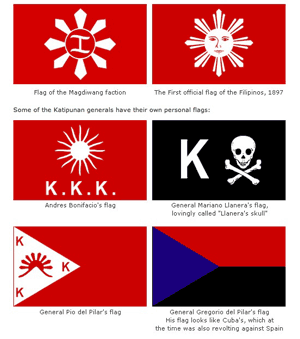Tag: History
Human Rights Watch Film Festival: The Apology
The Apology is a film aiming to start discussion about Filipino women who were sexually exploited during WWII. It is showing at the Human Rights Watch Film Festival between 6th-17th March at the Barbican and Picturehouse Central.
“We are travelling all over to create a peaceful world. Not just for Korea and Japan, but for the world.” – Grandma Gil in film THE APOLOGY. History calls to them ‘comfort women’ but to many they are ‘the grandmothers’, a courageous group of women who refuse to let the Japanese government get away with the horrific crimes they committed against women in World War II. Their stories will inspire you, and challenge us all to ensure that history does not repeat itself. See THE APOLOGY @HumanRightsWatch Film Festival. 15/3 at the @BarbicanCentre & 16/3 at @PicturehouseCentral | #HRWFFLDN | bit.ly/2kth7MN
For more information about the event, please visit https://ff.hrw.org/film/apology-0
Tribal tattoos as a connection to our heritage
“Filipinos in the Philippines don’t need to define themselves, but for the Filipino diaspora many are looking for a connection back to their heritage,” says Elle Festin, co-founder of the Tatak Ng Apat na Alon community, which translates as “Mark of the Four Waves Tribe”.
“It’s more important for them to define themselves as Filipino in a foreign country.”
Read the full article: Reviving the art of Filipino tribal tattoos
Find out more about Tatak Ng Apat na Alon .
Manila in the 60s and 70s
Manila in the 60s and 70s looks like a different country.
The Evolution of the Philippine National Flag
neatorama has an entry on The Evolution of National Flags. Item seven covers the Flag of the Philippines. Did you know that the blue color in the flag has been changed at least 5 times?

Related articles:
Manila in the 1930s
1930s film footage of pre-war Manila. So this is how our grandparents lived…
It’s fascinating.
Manila, Queen of the Pacific from The Technographist on Vimeo.
Urduja, a Filipino animated film
What happens when Pocahontas goes to the Philippines? She becomes Urduja. Seriously though, other than the weird similarity to the Disney character, this animated film doesn’t look bad at all.
It’s about Princess Urduja a 14th century warrior of legendary Tawalisi, said to be in Pangasinan, northern Philippines. We can’t be sure that Urduja really existed. Philippine written history only started during the time of Spanish rule. However, the odds are that most British-born Filipinos like myself have only heard of Lapu-Lapu, Dr Jose Rizal and The Katipunan bunch. Discovering something new about our past is refreshing.
